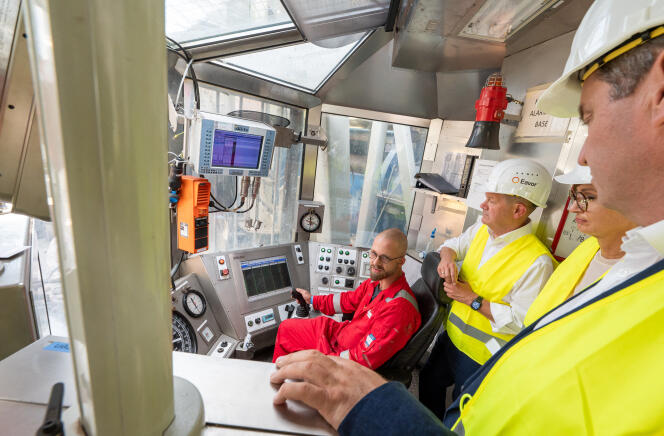For Werner Plumpe, professor of economic and social history at Goethe University in Frankfurt, the foundations of German competitiveness are permanently threatened.
In Germany, so-called “energy-intensive” industries, particularly chemicals, have been in crisis since the outbreak of the war in Ukraine and the end of Russian gas deliveries. Historically, what role has energy played in Germany’s economic development?
A very important role. If Germany industrialized very quickly since the mid-19th centurye century, it is also because high quality coal was a cheap source of energy available in large quantities. This was a central factor not only for the mining and steel industry, but also for the development of the chemical industry, which not only needed coal as fuel, but was initially built entirely on the use of coal derivatives. Cheap Russian gas came into play when Germany decided to abandon nuclear power. The availability of cheap energy sources largely explains why the industry has benefited from an advantageous cost structure, and therefore maintained such a large share of national value added.
Is the German competitiveness crisis of the 1990s, which led to the Schröder reforms, comparable to the current period?
Only partially. At the time, it was not the country’s industrial structure that was at stake. The Schröder reforms improved the cost structure of German industry as a whole. This means that after the year 2000, wage costs increased throughout Europe, but not in Germany. The industry has benefited greatly from this. The euro, which was very cheap compared to the German deutschmark, also played a role, making exports easier. Currently we face a double challenge: the absence of cheap energy and, at the same time, the erosion of productivity. This last problem is serious, because we are no longer productive enough to pay high prices for work.
Do you see in this crisis a threat to the balance of relations between social partners?
Indeed, good cooperation between the social partners was based on the fact that in the event of a significant increase in productivity, it was possible to make significant wage increases without jeopardizing the competitiveness of companies. There was always more money to distribute, so both sides were satisfied. With the weak evolution of productivity in recent years and inflation, social partnership is losing its material basis. This is why salary disputes are expected to increase. The social partnership model, which was based on consensus, risks crisis.
You have 20.81% of this article left to read. The rest is reserved for subscribers.
